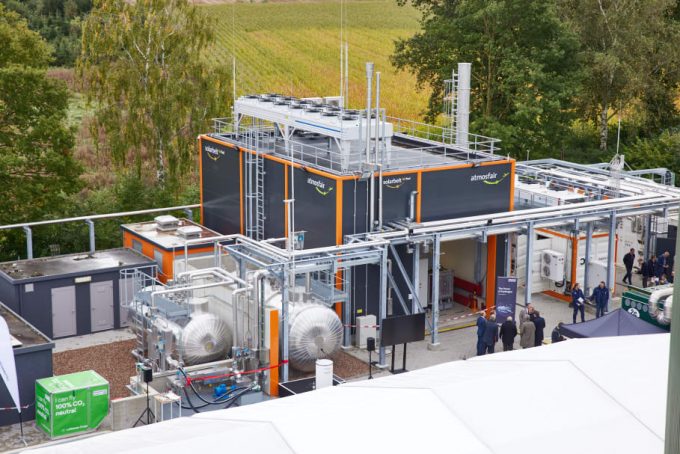Top forwarders all set for cash flow boost as earnings sag
When being flush is bad

’Power-to-liquid’ is the latest buzzword in sustainable aviation – and two of the more progressive companies have announced a partnership deal to promote and use synthetic crude oil.
Lufthansa Cargo and Kuehne + Nagel are supporting the world’s first production site in Germany, operated by atmosfair, and will buy 20 tonnes (25,000 litres) annually.
Power-to-liquids – or electrofuels – are made by a synthetic alternative to kerosene, using renewable electricity to produce hydrogen from water and combined with CO2 (see chart below).
While ...
Asia-USEC shippers to lose 42% capacity in a surge of blanked sailings
USTR fees will lead to 'complete destabilisation' of container shipping alliances
New USTR port fees threaten shipping and global supply chains, says Cosco
Outlook for container shipping 'more uncertain now than at the onset of Covid'
Transpac container service closures mount
DHL Express suspends non-de minimis B2C parcels to US consumers
Zim ordered to pay Samsung $3.7m for 'wrongful' D&D charges
Flexport lawsuit an 'undifferentiated mass of gibberish', claims Freightmate

Comment on this article